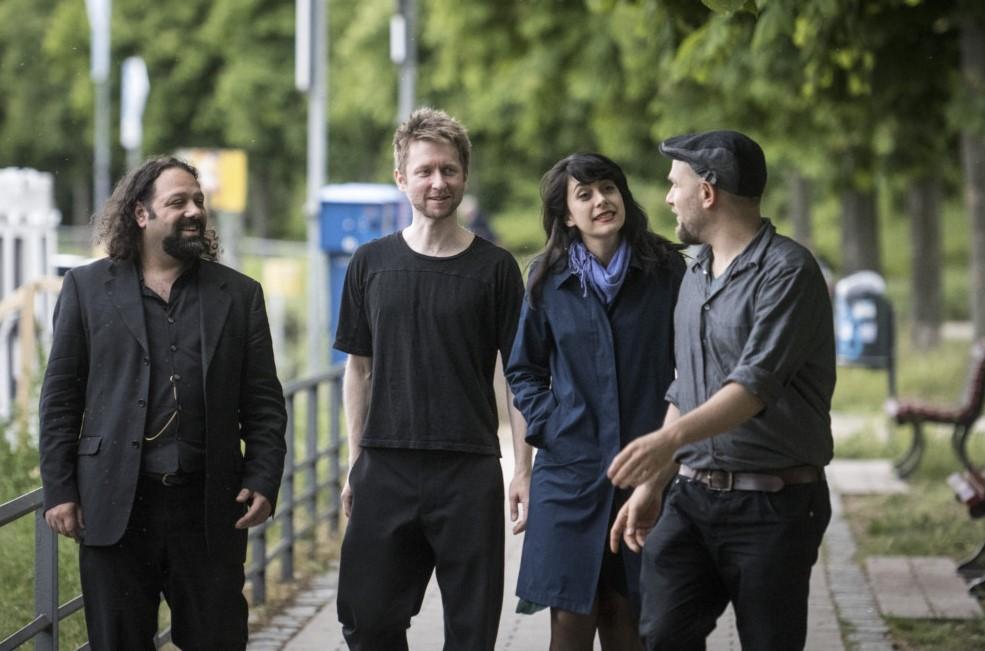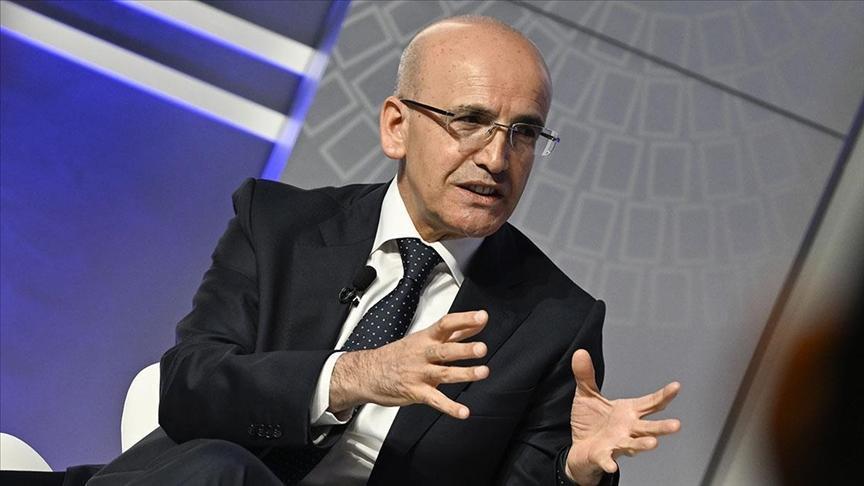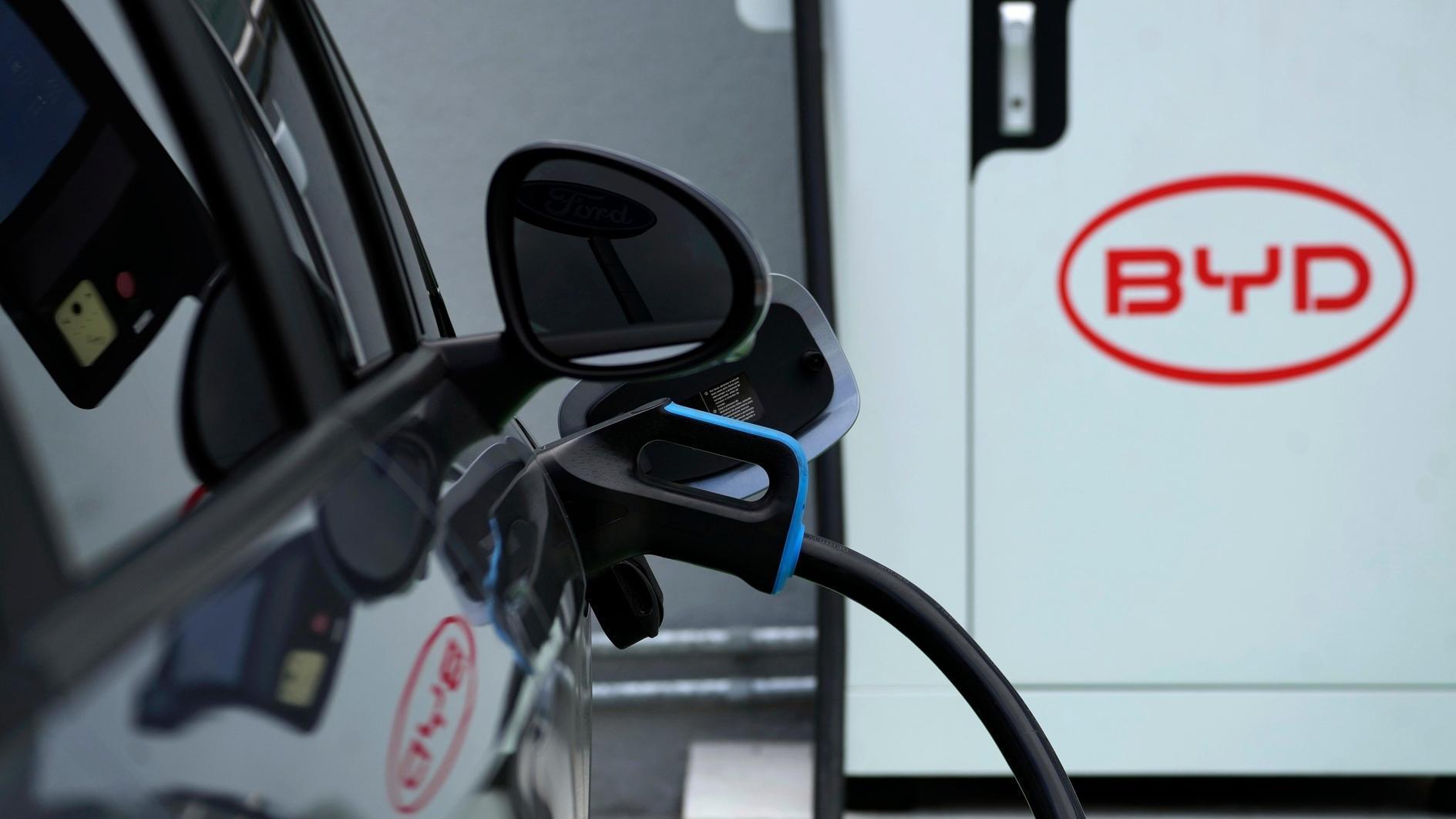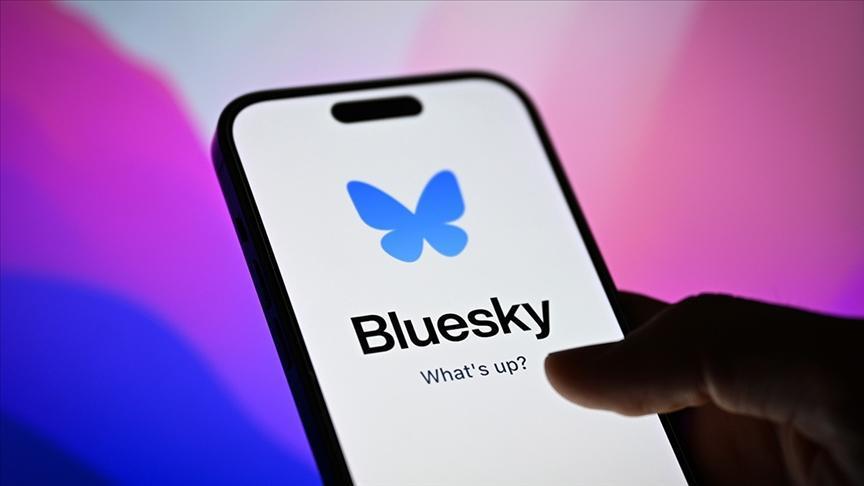Middle Eastern band finds rhythm in Germany
BERLIN

When Eden Cami closes her eyes and starts singing ancient tunes in Arabic and Hebrew, Jewish-Israeli bassist Or Rozenfeld plays the contrabass, and Syrian band member Wassim Mukdad creates sparkling sounds on his 12-string oud, they take their audience on a musical journey through the Middle East.
Yet the three musicians all live far from there, in Germany. Back in their native region, they likely would be unable to perform together due to long-standing hostilities between their governments and societies.
“It took us 3,500 kilometers to be able to meet, although it’s like a two-hour drive by car,” says Mukdad, 37, referring to the theoretical driving distance between their homes in neighboring Syria and Israel because in reality, people cannot legally cross from Syria into Israel or vice versa.
“The borders in the Middle East are places to separate people,” Mukdad added.
Mukdad came to Berlin in 2016, a refugee who says he was tortured during Syria’s civil war. Cami, 35, who is Arabic and from the Druze minority in northern Israel, came to the German capital seeking freedom and tranquillity.
Rozenfeld, the grandson of Holocaust survivors, came in search of an affordable, cosmopolitan city where he didn’t have to take on a second job to make a living as a musician. Borys Slowikowski, the drummer who joined the group more recently, is an immigrant from Poland.
Cami initiated their band, the Kayan Project, in 2017.
Kayan, the Arabic word for existence, is also the theme of their music and togetherness. In creating and playing songs, they continually learn how much they have in common and how close the roots of their cultures and languages are despite all the hatred they grew up with.
“As musicians we are all very similar,” says Rozenfeld, 32. “I wouldn’t even call us a mixed band because ‘mixed’ is only a concept if you put ethnicity first but we put our music first.”
Cami, who grew up speaking Arabic and Hebrew, says it was natural for her to use both languages for her songs.
“I definitely dream in them and sing in them and think in them and feel in them,” she told The Associated Press earlier this week in Berlin, where the band was performing aboard a docked boat on the Havel river.
“I find it a very interesting way to live an identity that is complex, that is not just one thing,” she added. “And I feel very happy to express it in art.”
“The idea is that we can make culture together, although we don’t share 100 percent of the political views, of the backgrounds,” said Mukdad, an atheist with Muslim parents. “We can start communicating with each other. We can start a dialogue.”
On May 29, Cami opened the show with a song in Hebrew called “Ahavat Neurai,” or “First love,” followed by an Arabic song called “Ghesh,” or “Cheat.”
Many of the songs the band played were well-known Israeli or Arabic tunes; some they wrote themselves.
“Language, literature, religion, culture, music, food, climate, geography, we bring all of those memories and images with us,” said Mukdad. “And then to put it into music, it will be like a garden full of flowers from a lot of colors.”
“Dancing for No One,” which was written by Rozenfeld, is the title track of their first album. It was released in April. The lyrics, the only song in English, are both melancholic and hopeful.
The band had been invited to play during the opening week of the “Jewish Theater Boat MS Goldberg” _ another unique Berlin creation.
The idea of presenting art related to Jewish culture, theater, music, literature, on a boat was conceived by a group of artists calling themselves “Discover Jewish Europe” a few years ago. Due to the pandemic and financial challenges, the show boat only opened last week.
The boat, which in the past was used to ship gravel across Germany’s rivers, will be docked on the Havel all summer, then move to the Spree river in Berlin’s downtown area in the fall, and in the future tour Germany on various waterways.
Max Doehlemann, one of the creators of the Jewish Theater Boat and a musician himself, explained the venue’s mission.
“It’s about dialogue, intercultural dialogue, the fight against antisemitism and racism,” he said. “We just hope that with our diverse program we can represent a lot of what constitutes the Jewish existence in all its facets.”
















